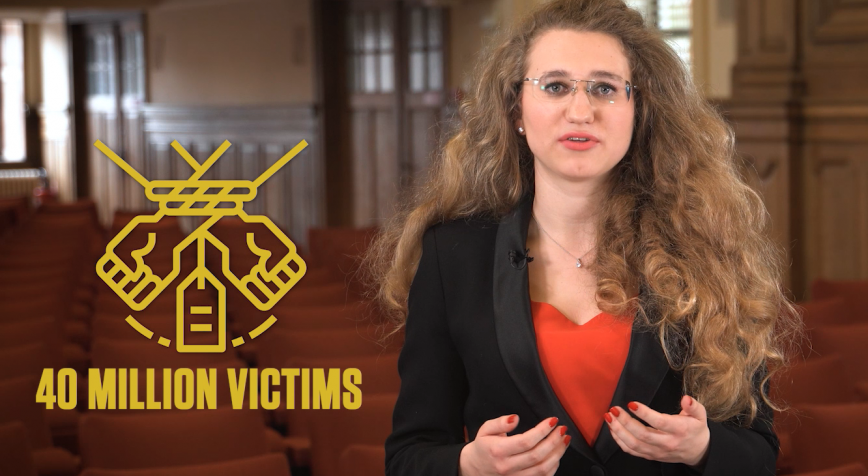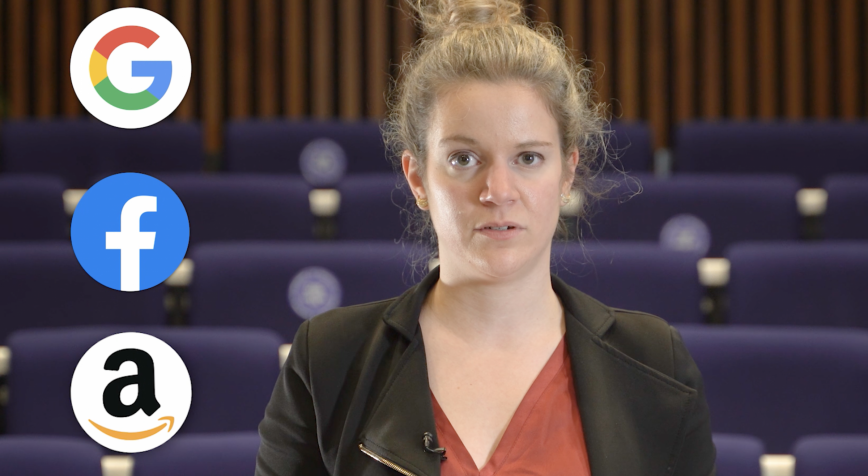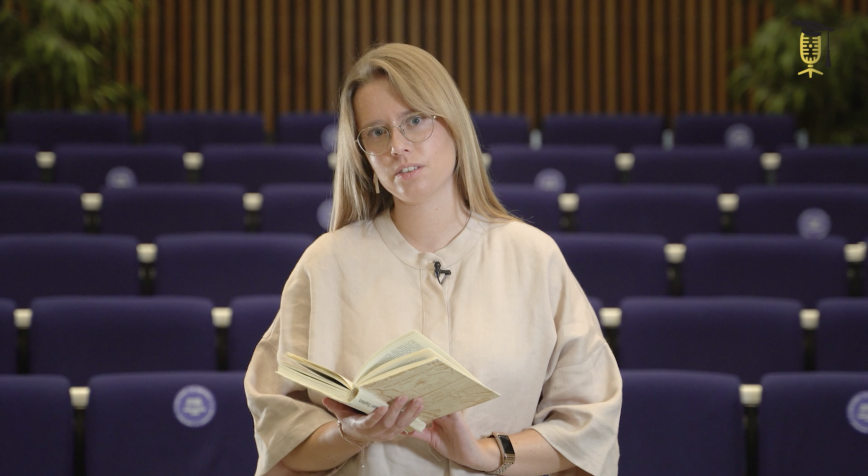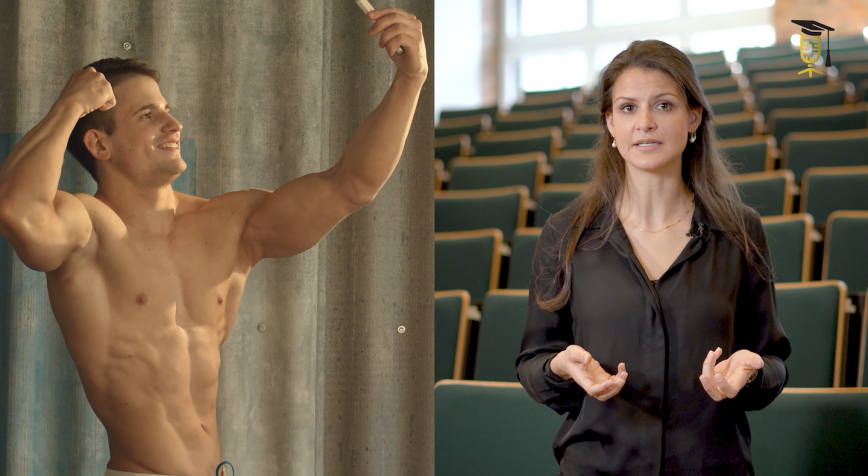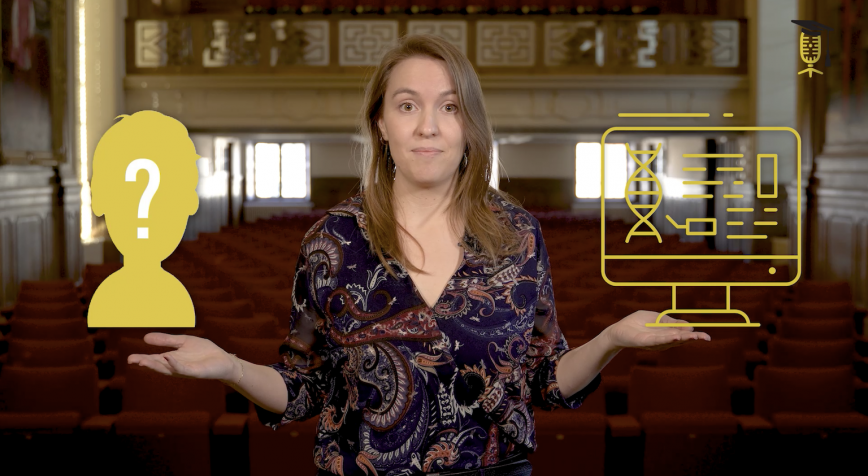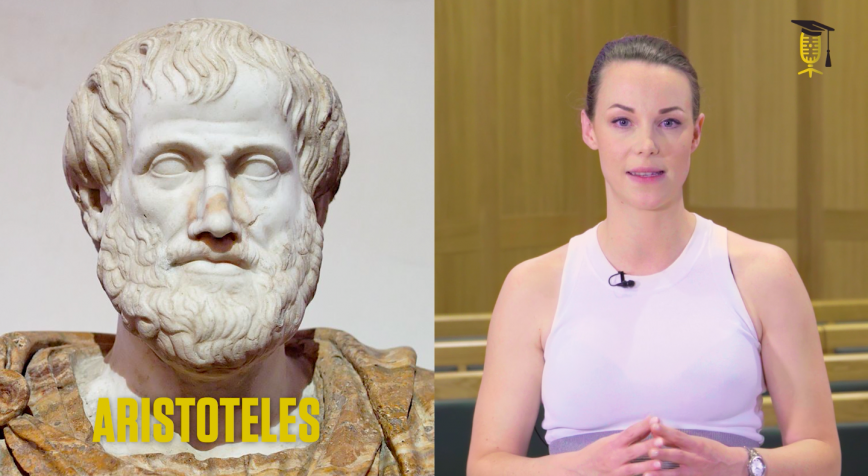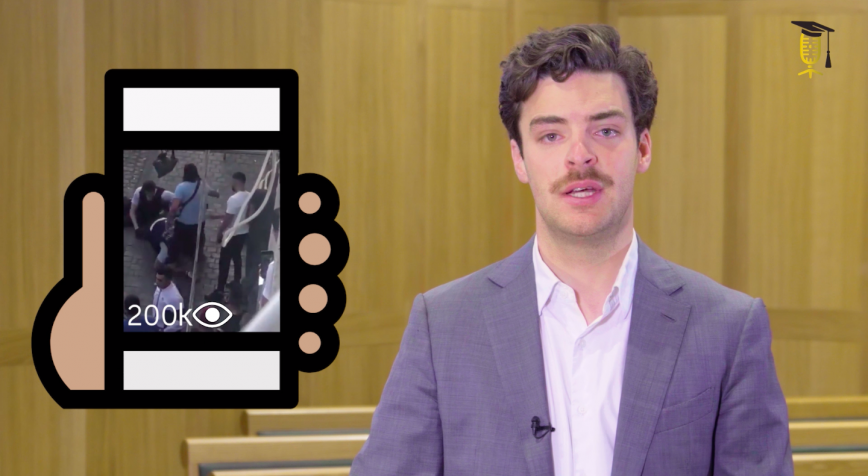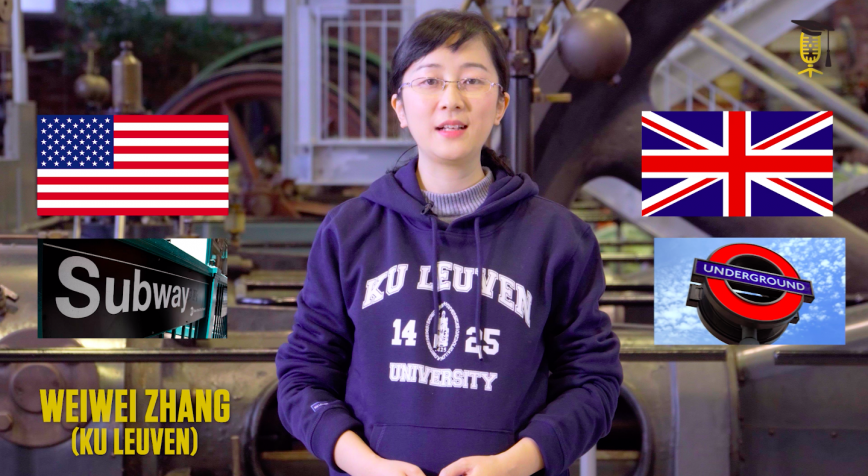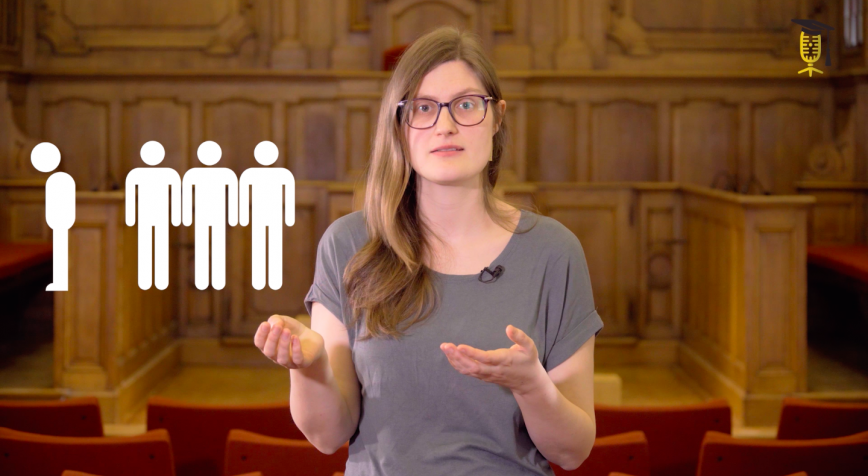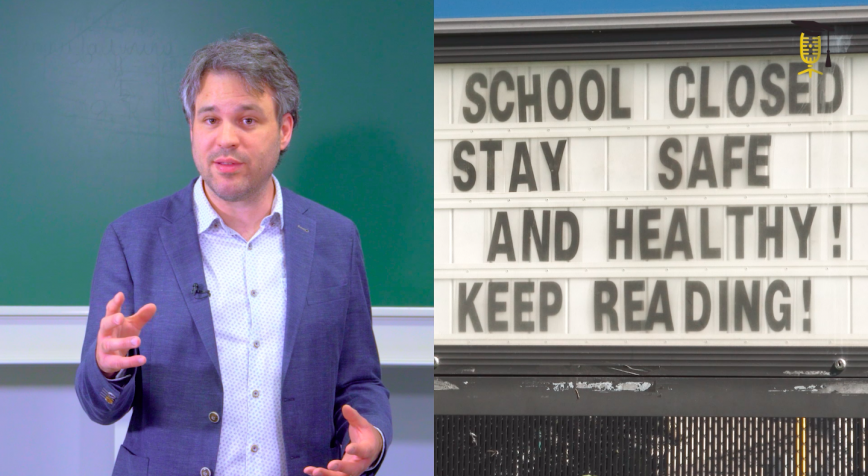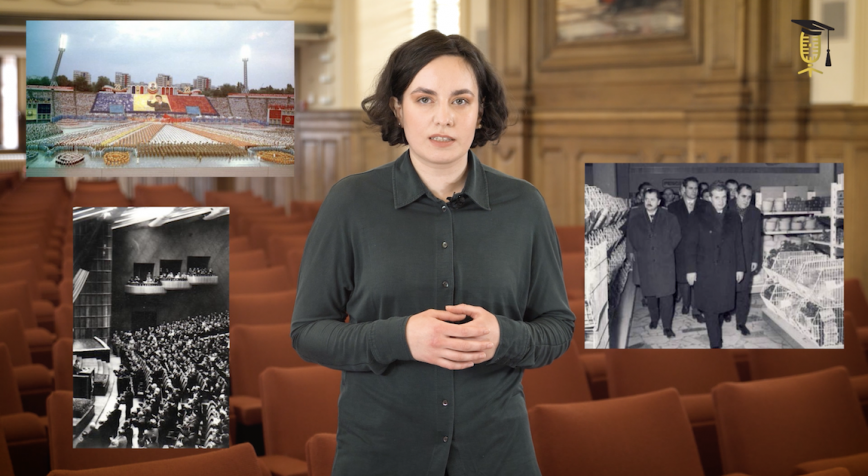
KU Leuven
Bucharest: how to create an iconic image of the city?
When we say Paris, you probably have a vivid image of the city, and think of the Eiffel Tower or the Pyramid of the Louvre - even if you've never been there. "We remember cities and are fascinated by them, even before we visit them - through photography." But what image do you have of the lesser-known 'Little Paris', the city of Bucharest?
